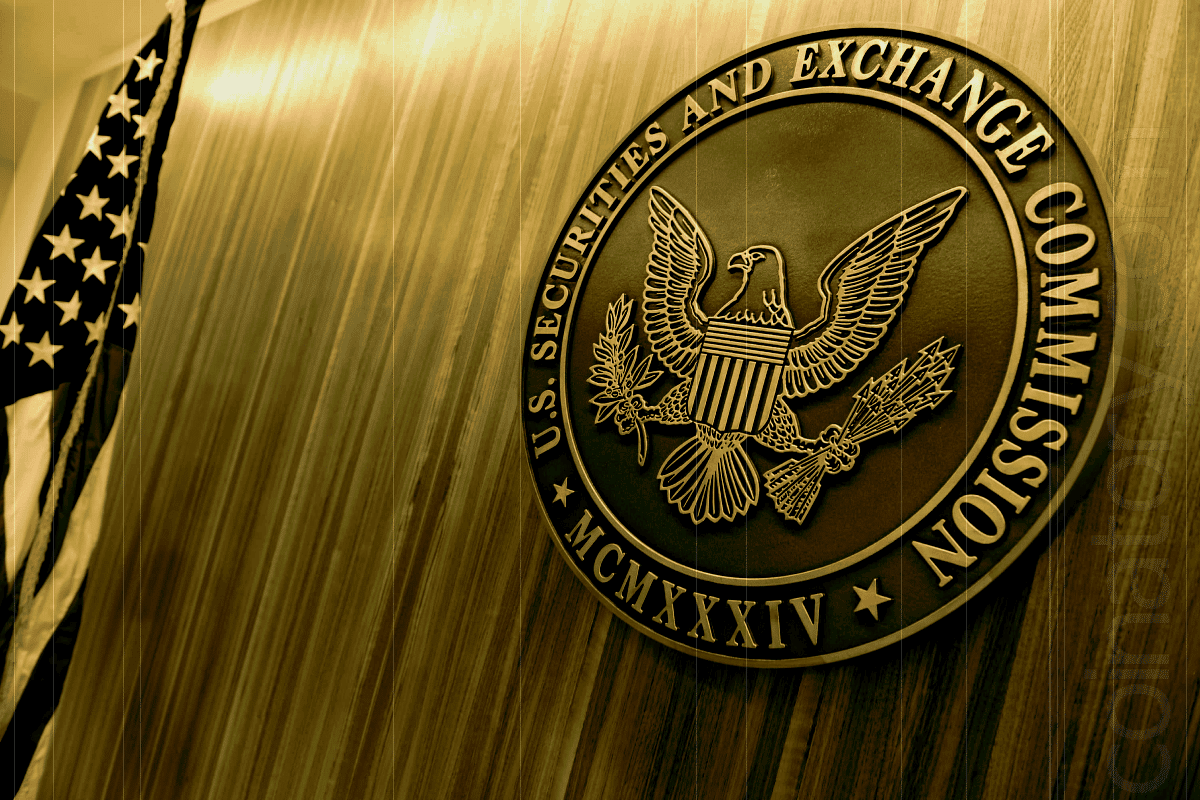
Reports suggesting that Richard Farley, a partner at Wall Street law firm Levin Naftalis & Frankel, may be under consideration for the U.S. SEC chair position in the incoming Trump administration have sparked mixed reactions within the crypto community. Many industry voices are concerned that Farley’s deep roots in traditional finance could foster a restrictive approach toward cryptocurrencies.
Farley, reportedly selected by Trump’s transition team as a potential replacement for current SEC chair Gary Gensler—a noted crypto skeptic—has drawn sharp responses. Adam Cochran, a partner at Cinneamhain Ventures, expressed concerns on X (formerly Twitter), stating that “most of Trump’s proposed SEC picks aren’t crypto-friendly.” He added that Farley, a Wall Street banking lawyer endorsed by RFK, might be among the “worst” choices for the crypto space. Cochran advocated instead for figures like former CFTC chair Chris Giancarlo, known as “Crypto Dad,” SEC Commissioner Hester Peirce, dubbed “Crypto Mom,” or Dan Gallagher, Robinhood’s legal chief, all of whom have been more favorable toward digital assets.
Yet, not all feedback has been negative. Network economist Timothy Peterson offered a more optimistic view, suggesting Farley’s financial expertise could contribute to “thoughtful frameworks” for cryptocurrency regulation. Peterson emphasized that Farley’s Wall Street experience could be channeled into balanced regulatory measures, underscoring the importance of sensible oversight as the crypto industry matures.
Other potential contenders for the SEC chair role include Robinhood’s Gallagher, who, according to a November 7 Reuters report, is considered the frontrunner. Meanwhile, crypto lawyer Jake Chervinsky recently suggested that SEC Commissioner Mark Uyeda could be a strong candidate, as he has openly criticized Gensler’s regulatory approach, calling it “a disaster for the whole industry.”
The upcoming SEC leadership transition could mark a pivotal moment for cryptocurrency regulation, with Trump’s administration potentially shaping policies that might either hinder or foster innovation within the sector. Crypto stakeholders remain vigilant as the selection process unfolds.







